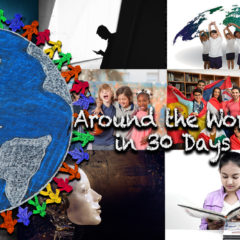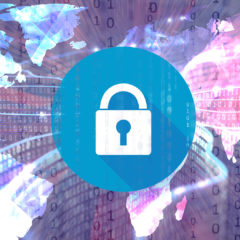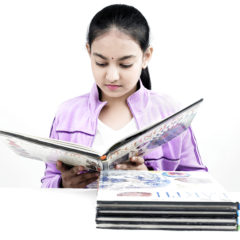Around the World in 30 Days – July 2018
C. M. Rubin’s Global Education Report Europe has not been shy about putting Big Tech under the microscope. This month, Google hit a new record with a US$5 billion fine for trying to eliminate competition in the search field. Technology and progress in science bring with them transformative advances which offer potential solutions to some of the world’s greatest challenges. At the same time, these technologies present new issues and...
The Global Search for Education: Big Tech – Utopia Dystopia or Both?
Europe has not been shy about putting Big Tech under the microscope. This month, Google hit a new record with a US$5 billion fine for trying to eliminate competition in the search field. According to TristanHarris, “a handful of people working at a handful of tech companies steer the thoughts of billions of people every day.” And they’re all competing for our attention. Technology and progress in science bring with them...
The Global Search for Education: Who’s Working on Keeping Our Data Safe?
“We’re working on two areas to improve confidentiality of cloud computing.” — Jon Crowcroft Data and the intelligence that can be gained from it is seen as a solution to solving many of the world’s largest challenges, but despite the great opportunities, there are also significant risks. Data-based companies use data to make money. As computer systems become increasingly centralized and ubiquitous, the...
The Global Search for Education: The Health and Well-Being of Young Immigrants
“The focus of the report is not only on students’ academic achievement but also their social, emotional and motivational well-being.” – Francesca Borgonovi Diversity has always been at the heart of human progress. Data from the Programme for International Student Assessment (PISA) reveals an estimated 4.8 million immigrants arrived at OECD countries in 2015, an increase of about 10% over the previous year, with...
The Global Search for Education: Teachers Talk Literacy Skills for a Digital World
Print and pictures on the pages of a textbook, a novel, a poster board, a newspaper or a comic book – once upon a time that was how we consumed stories and other information. Then came the internet. Today, digital natives are both consuming and creating online or on their mobile phones constantly, and the literacy skills needed for an interconnected world have changed. They include the ability to navigate thousands of sources, locate...






Recent Comments